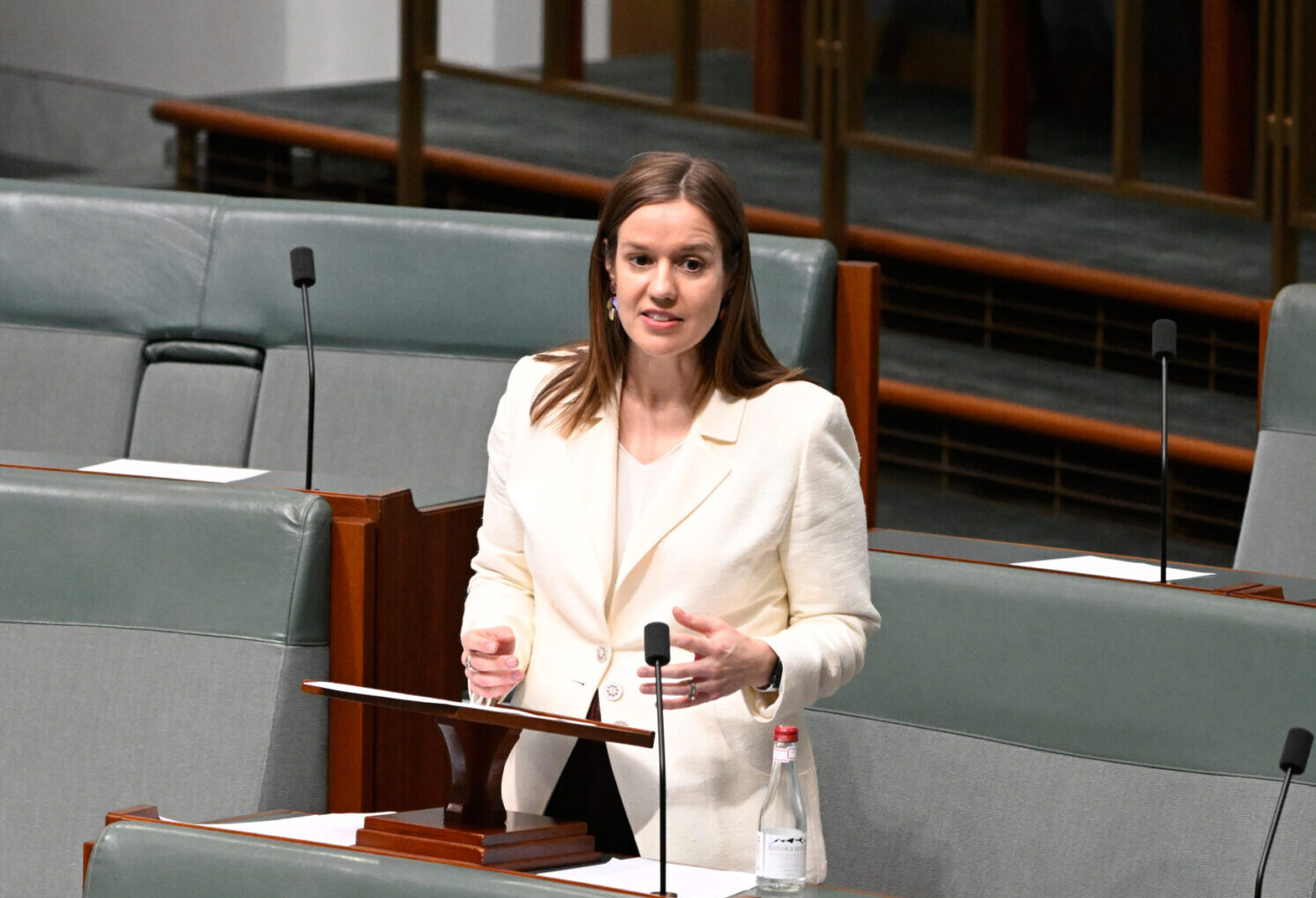I thank my friend, and my neighbour to the north, the member for McEwen for bringing forward this motion, and the member for Indi for sharing her reflections and her communities needs as well.
The past 14 years have, for many people in Victoria, been incredibly difficult. There has been a lot of rebuilding to do, not just of physical bricks and mortar but of people and of communities. This work is ongoing. And while the fires did not burn in Jagajaga, they were just next door, to our north, and many locals did feel the impact. They were the people who rushed to provide support as CFA members, as community members. They stood with family, friends, colleagues who lost lives, property and livelihoods.
The Black Saturday bushfires loom large for people in our part of the world. And so today, not long after the 14th anniversary of the fires, we remember the 173 lives lost, the 414 people injured and the destruction of over 3½ thousand structures, including 2,000 homes. We also remember the loss of animals that day—domestic and wild.
Bushfire is a threat in communities like mine, particularly in the north-eastern part of the electorate. In Kangaroo Ground, Research, Eltham and Eltham North it’s something that communities live with every summer. And I recognise and thank the volunteers and members of our emergency services, particularly the CFA, who continue to put themselves on the front line to protect our communities. Eltham, Research, Kangaroo Ground and communities across Nillumbik have volunteer brigades made up of locals protecting locals. And on this day, Black Saturday, just over 14 years ago it was an all-in effort from these brigades and services and the people who support them right across the state.
I’m sure that many in Melbourne and surrounds know of the Kangaroo Ground war memorial tower in my electorate. It has a long history, including on Black Saturday. It was a fire-spotting tower. The book Kinglake-350 tells us how, on the day, from the top of the tower fire spotter Colleen Keating watched in disbelief at the size and speed of the thing as it came pouring over the slopes of Mount Sugarloaf and raced towards St Andrews. It was a mountain of smoke 10 kilometres high and two kilometres wide. And how, if not for a wind change, the communities impacted and the loss of life could have been even worse. The book says:
The wind change would prove to be a bullet dodged for the residents of Melbourne’s outer suburbs, a close escape most still don’t understand they had. Given its speed, energy and direction, in another hour or two the inferno would have descended upon the tightly packed, overgrown suburbs of the northeast: Warrandyte, Hurstbridge, Diamond Creek, Greensborough, Eltham. For Melbourne it was a near miss.
In the aftermath of these fires and in the face of this awful tragedy, community near and far came together, and we saw the best of people come out. Victorians pulled together. The generosity of so many, including those who had lost so much themselves, was obvious and widespread. Here in our country we have seen too often in recent years—through fires, floods, cyclones, and other disasters—Australians coming together and Australians supporting each other. It is a critical part of our infrastructure, our resilience and our community. Again, I thank everyone who gave their support that day, the people who are there for the good times and the bad and who stand up when they’re needed. I know there are people in my community and in others who still bear the scars of standing up on that day and supporting others, and our thoughts are with them.
Black Saturday also showed us the failures of a system that was not prepared for the scale of this disaster, either on that day or in the aftermath. For many Australians, the places they live in are areas that have faced or could face a disaster, and it is important that as communities and as governments we think about this and prepare ourselves, our properties and our communities accordingly and that we encourage all around us—our neighbours, our communities, our governments—to do the same.
Fourteen years on from Black Saturday we pause and remember the people who were lost and those who are still here but whose lives changed forever that day—the people who continue to struggle with mental health issues and other challenges. We remember the communities that are on that long path to recovery and that, while many things have recovered after 14 years, some things can never be recovered.
